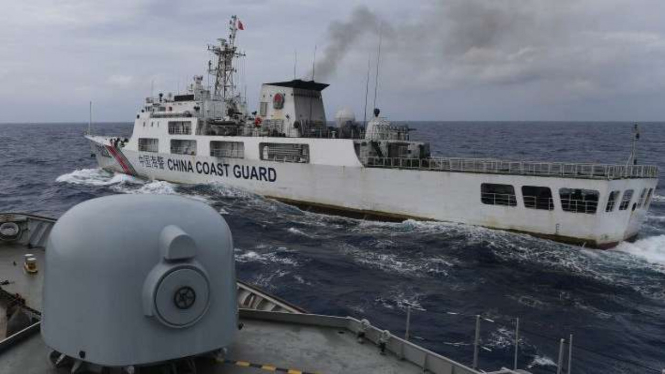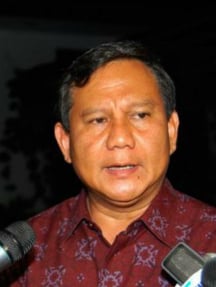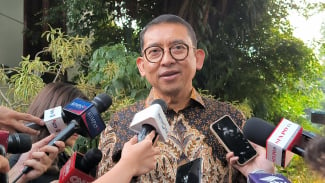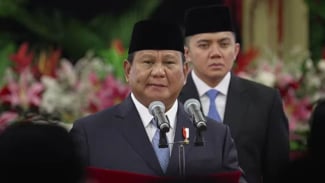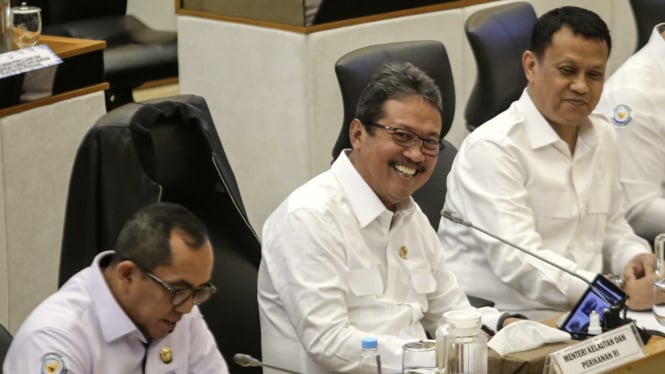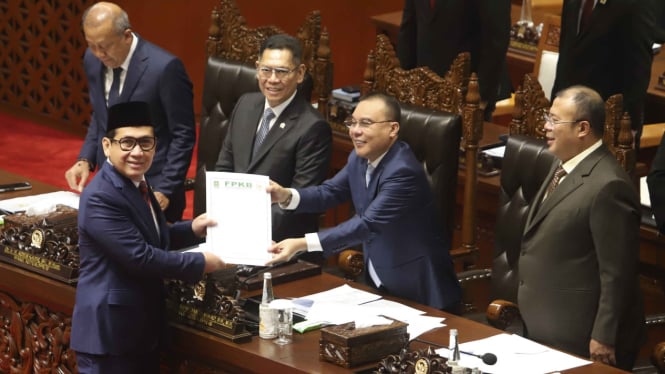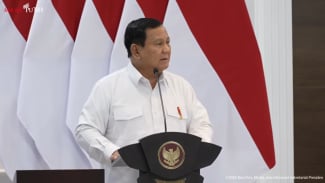Indonesia Urged to Enhance Military and Diplomatic Efforts in the South China Sea
- ANTARA FOTO/M Risyal Hidayat
Jakarta, VIVA – Indonesia is being urged to bolster its naval defense capabilities, particularly the Indonesian Navy (TNI AL), to confront the growing challenges posed by China's assertiveness in the South China Sea (SCS) and Indonesia's Exclusive Economic Zone (EEZ) near the Natuna Islands.
However, this military improvement should be accompanied by enhanced diplomatic efforts to ensure regional stability and peace in Southeast Asia.
Johanes Herlijanto, the chair of the Forum Sinologi Indonesia (FSI), emphasized the need for Indonesia to strengthen its military to be on equal footing with China in the SCS.
“Indonesia must consistently assert its sovereignty over our EEZ in the Natuna waters, based on international maritime law, particularly UNCLOS,” Herlijanto stated.
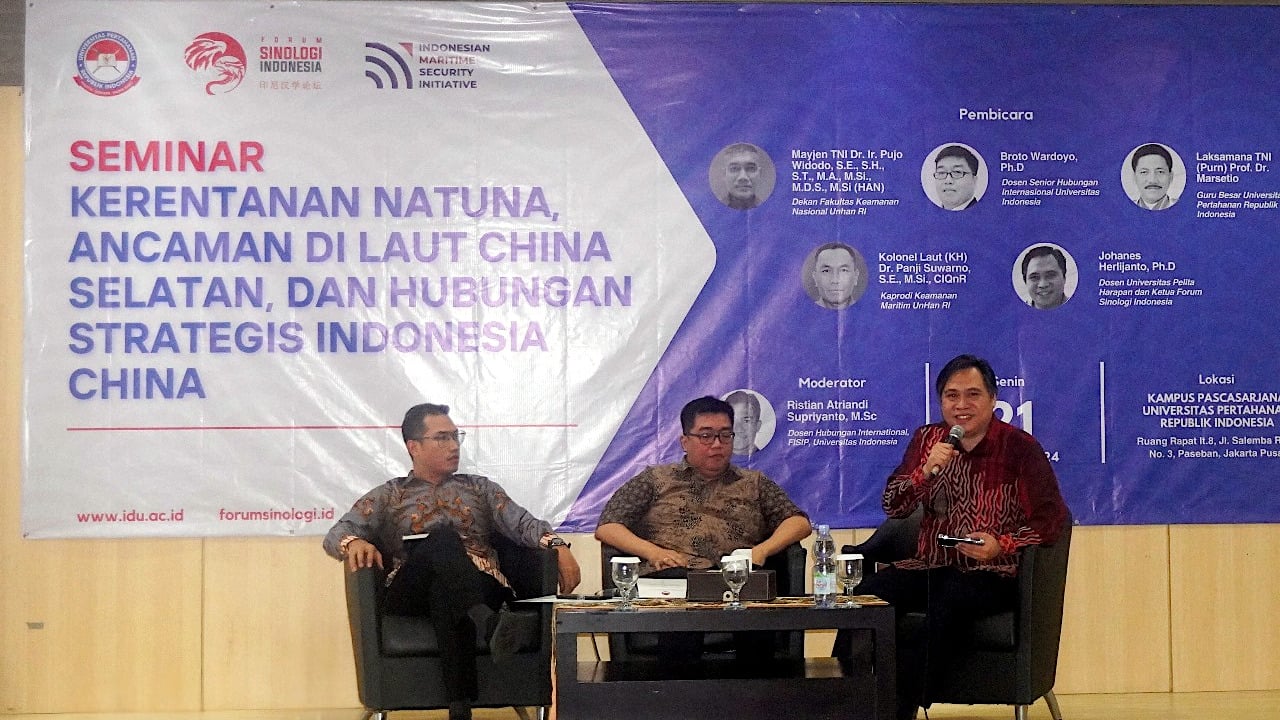
He also urged ASEAN to unite in confronting China, as the latter's increasingly assertive stance continues to threaten the region. “It’s crucial for ASEAN to maintain solidarity in dealing with China,” he added.
This sentiment was echoed by other speakers during a seminar on "Natuna's Vulnerability in the Complex Threats of the South China Sea," held by the National Defense University (UnHan RI) and FSI in Jakarta on October 21, 2024. The event featured experts such as retired Admiral Marsetyo and International Relations expert Broto Wardoyo.
Admiral Marsetyo noted that President Prabowo Subianto, Indonesia’s recently inaugurated president, emphasized strengthening the nation's defense to protect both sovereignty and natural resources.
Marsetyo also criticized China's recent expansion of its U-shaped territorial claim, known as the "nine-dash line," into the "ten-dash line," which now includes 83,000 km² of Indonesia's EEZ in the Natuna area.
Broto Wardoyo provided further analysis, suggesting that China’s assertiveness stems from its strategy of “effective occupation” to solidify its territorial claims. He acknowledged the need for cooperation with China but warned that Indonesia must never compromise its sovereignty.
The seminar concluded with calls for increased regional collaboration and proactive diplomacy to address the escalating tensions in the SCS while avoiding military escalation.
